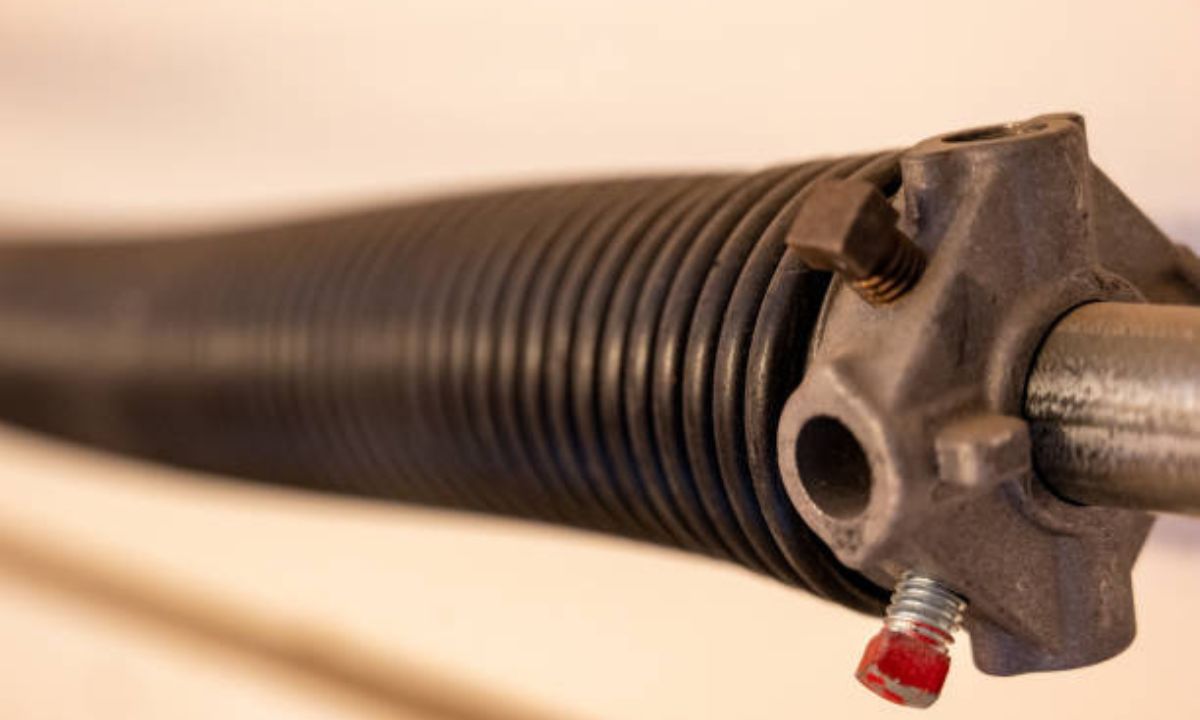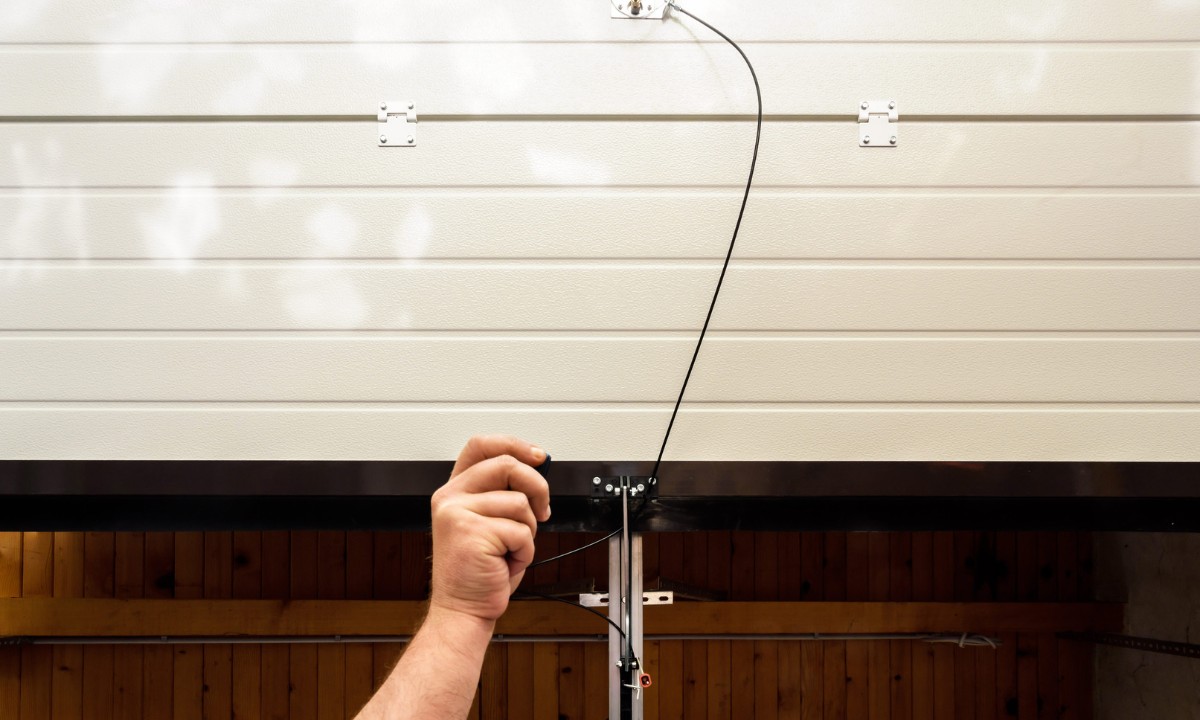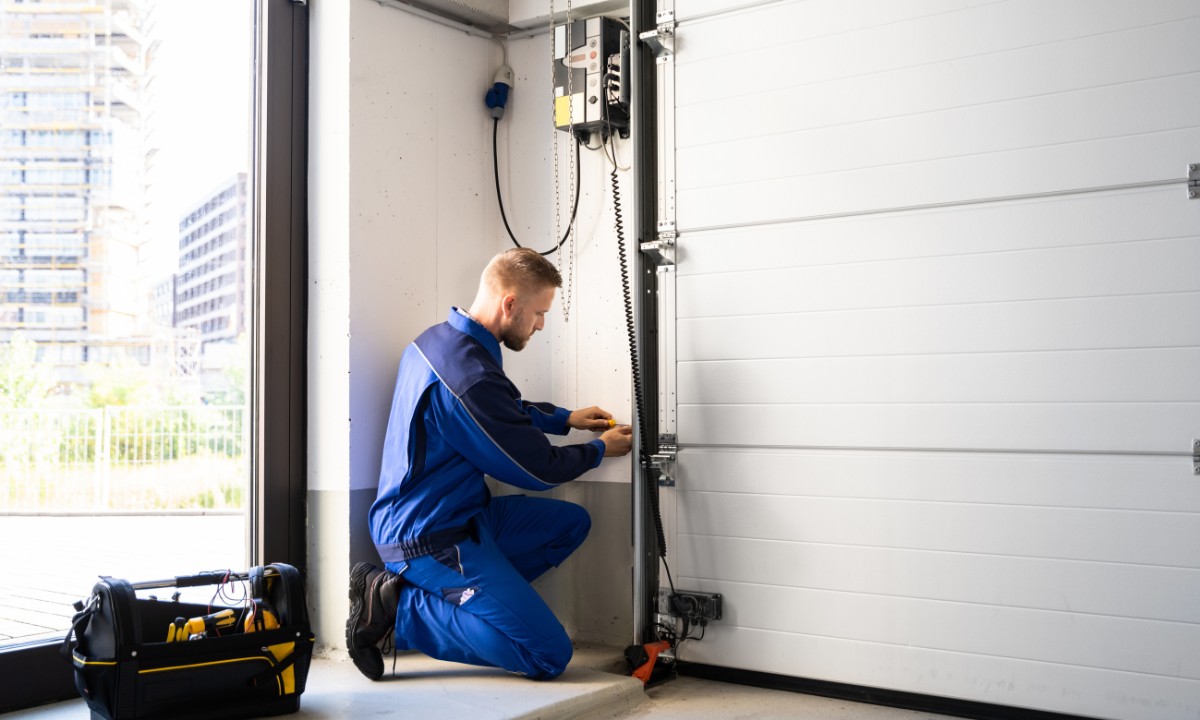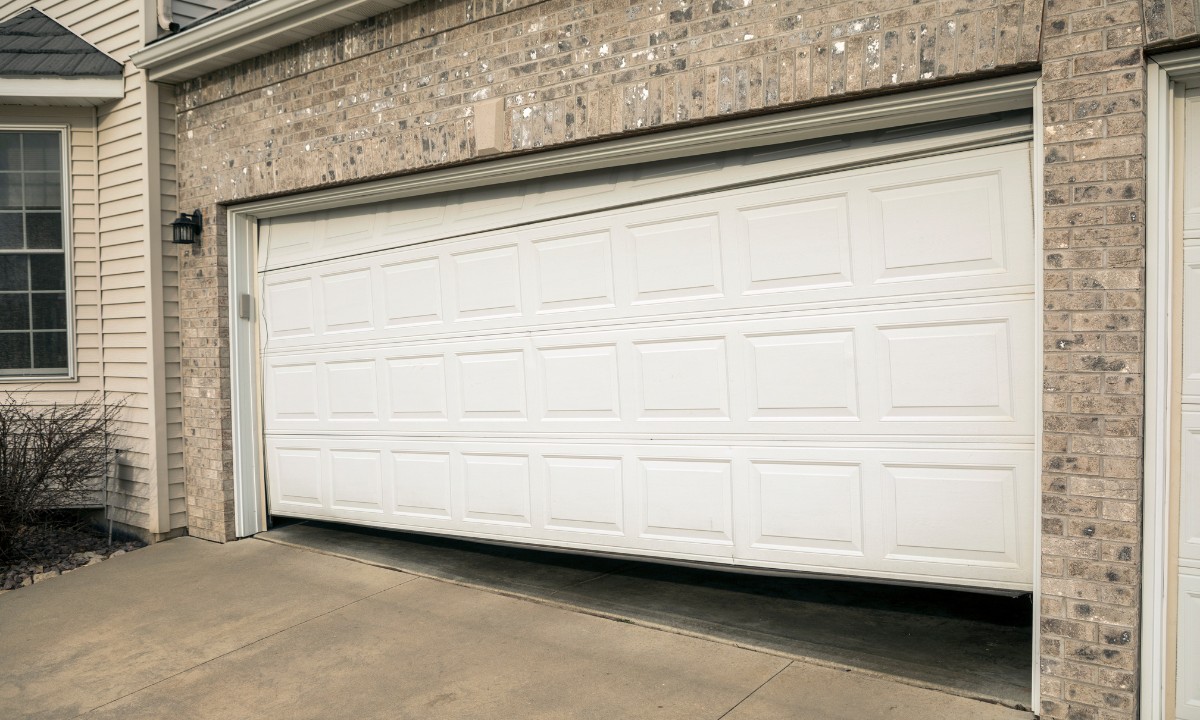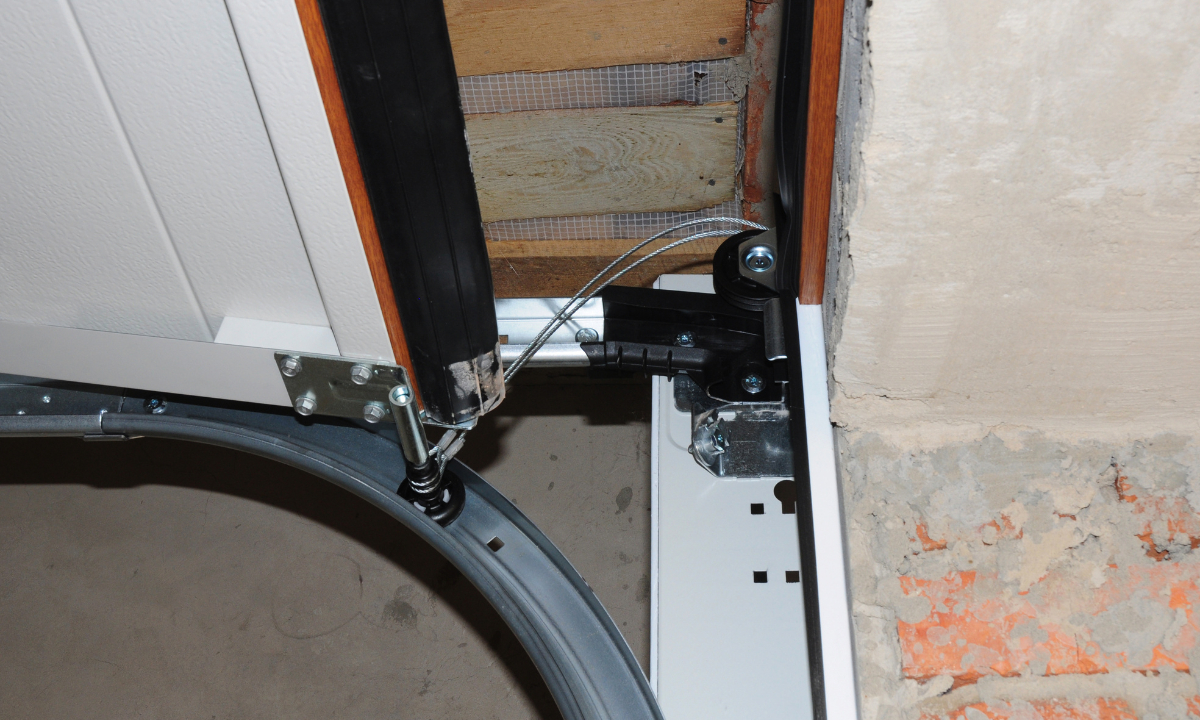How Eastlake,
Colorado Garage Door Springs Affect Energy Efficiency
First of all,
In Eastlake, Colorado, where seasons
can differ greatly in temperature, it's critical to keep your home energy
efficient. Although insulating walls, windows, and doors is a common priority
for homes, the garage door is sometimes disregarded. Although they are
principally in charge of the door's functionality, garage door springs can also
affect energy efficiency. Your garage door may not close correctly due to
worn-out or defective springs, which can result in drafts and temperature
swings that raise energy costs.
Energy Efficiency in Eastlake,
Colorado: Due to the city's chilly winters and balmy summers, homeowners need
to make sure their garage door system is operating as efficiently as possible
to prevent wasting energy. A garage door that is kept up to date, with springs
that are in good working order, keeps the garage well-sealed, keeping out hot
air in the summer and cold air in the winter. As a result, your HVAC system
works less hard, using less energy and paying less in electricity bills.
Contact Information
Call David Garage Door Spring Repair
at 720-637-1160 for professional garage door spring repair and energy-saving
solutions in Eastlake.
Types of Spring Repair
Torsion and extension springs are
the two primary spring types used in garage doors, and both are essential to
the functionality and energy efficiency of the door.
The smooth and balanced operation of
the garage door is attributed to the torsion springs, which are positioned
above it. Energy loss through gaps may occur if the door does not close all the
way, which is caused by old or broken torsion springs.
Stretched as the door opens and
closes, extension springs are found around the sides of the door. The door may
move unevenly due to faulty extension springs, which may lead to poor sealing
and inefficient use of energy.
Effect on Energy Consumption
Smooth operation of the door and a
tight seal that keeps air out or in are two benefits of having well-functioning
garage door springs. The energy efficiency of your home may be impacted by a
door that has gaps in it or closes incorrectly due to defective springs.
Inadequate Sealing
When garage doors don't close all
the way, air leaks and drafts might occur from worn-out or misaligned springs.
This results in increased energy usage as your heating or cooling system has to
work harder to maintain the inside temperature.
Worn springs can put extra strain on
the garage door opener, which can lead to higher energy consumption if the
motor has to work harder to open and close the door.
Common Problems
A number of energy inefficiencies
can result from faulty or damaged garage door springs, including:
Drafts and Gaps
If the door's springs are worn out
or damaged, it may not close evenly, creating openings for outside air to enter
and reducing the insulation in your house.
Uneven Door Operation
A malfunctioning spring can cause an
uneven garage door closure, which can lead to air leaks and lower your home's
and garage's overall energy efficiency.
Cold Garage Air Seeping into the
Home
In the winter, if your garage door's
springs are broken, allowing cold air to enter the garage and seep into your
house, you may need to run your heating system more frequently.
Spring Replacements
You may significantly increase your
garage door's energy efficiency by swapping out your old, worn-out springs for
brand-new, premium ones. A door that closes evenly and tightly thanks to
well-functioning springs creates a suitable seal that keeps outside air out.
Replacing worn springs will increase
efficiency because they will keep the door balanced and aligned, enabling it to
close fully and provide a tight seal. This raises your home's overall energy
efficiency by lowering air leakage and assisting in maintaining the proper
interior temperature.

